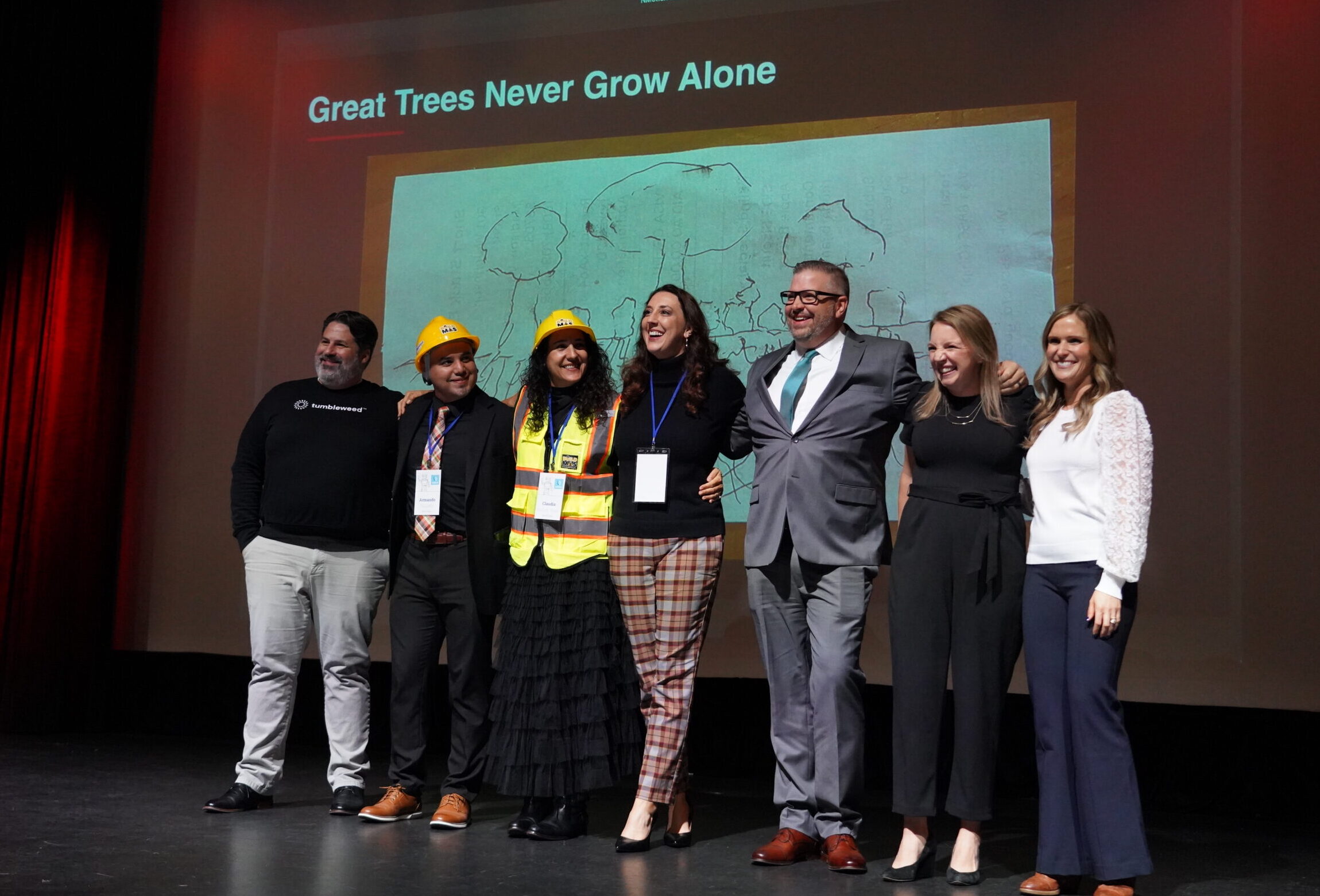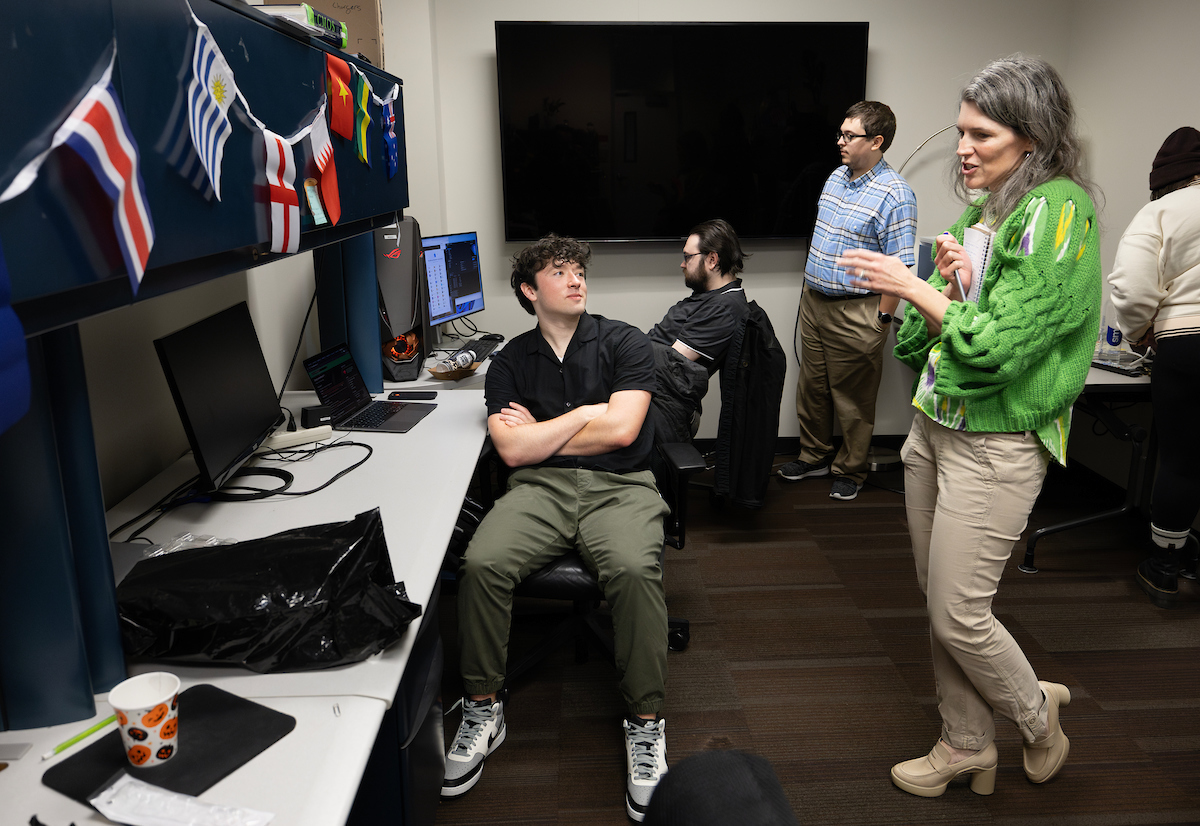Paul Oliver, Principal Software Architect at Vosaic (formerly Studiocode) in Lincoln, Nebraska, is enjoying the current price war between Amazon and Azure’s cloud services.
“It is amazing that the big heavyweights in the cloud are fighting it out—Azure, AWS, Rackspace,” said Oliver. “They’re just duking it out and we’re reaping the benefits. It’s like a Skittles rainbow falling down with all these discounts and price decreases.”
Similar to Hudl‘s video analytics platform for sports, Vosaic does video analytics for educational institutions. Oliver is in charge of moving Vosaic to a cloud-based microservices architecture over the next year.
“Hudl had to go to microservices to scale. I heard a statistic that they are, behind YouTube, the second most popular web site on the internet on Friday nights during football season,” said Oliver. “They are handling so much data and so much video. I would hate to pay that cloud bill every month. But they gladly pay it because it gives them so much value.”
Oliver describes microservices as a “drone army” of little sections of code that allow cloud-based SaaS companies to scale much larger. The interest in microservices has been a force behind the recent growth of cloud services like Amazon and Azure.
“Going to a microservices architecture, you’re going to be faster,” said Oliver.
Along with companies like Spotify and Netflix, microservices are beginning to take hold in Omaha’s more established companies like Union Pacific, First Data and CSG, according to Oliver.
“It got really big in 2014, as the hype cycle goes,” said Oliver. “I didn’t expect it to be catching on so quickly in big companies in Omaha yet. I thought it was going to play out in the startups for a while before it got adopted.”
In retrospect, Oliver thinks bigger companies have become more adaptable.
“I think bigger companies are more agile today then they were five years ago,” said Oliver.
With a rapidly changing landscape for development, what’s Oliver’s best advice for people interested in doing microservices?
“If I was getting out of college and I wanted to get on a microservice team, I would want to be learning how to run things like Chef or Vagrant or Docker, to learn how to run things smaller,” said Oliver. “If I just want to code, JavaScript is a great language because lots of people know JavaScript and Node is an amazing platform.”
For more from Oliver on Hudl, Nelnet, and Lincoln’s Haymarket startup scene, check out our full interview from AIM Infotec in the video above.
—
Special thanks to Gallup and Jim Collison from TheAverageGuy.tv.




